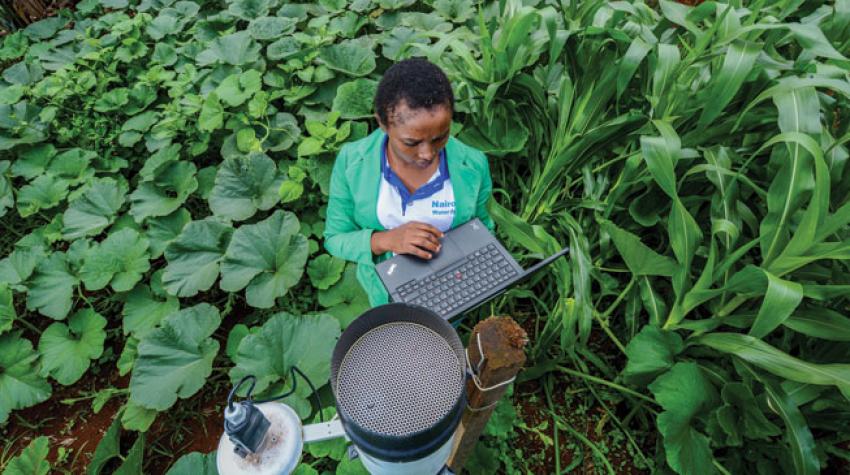
Coming to Grips with Water Security in the Face of Climate Change
In a landmark study published a decade ago, the International Water Management Institute (IWMI) suggested that under likely scenarios the world's freshwater supplies should be adequate to meet future demands from agriculture, industry and other sectors.

Building the Scientific Knowledge Base to Support Countries to Better Manage Their Water Resources
The United Nations Educational, Scientific and Cultural Organization (UNESCO) has been working towards this end for more than 40 years through its Division of Water Sciences, and, more precisely, the Member States of the International Hydrological Programme (IHP), the only intergovernmental programme of the United Nations system devoted to water research, and water resources management, education and capacity-building.
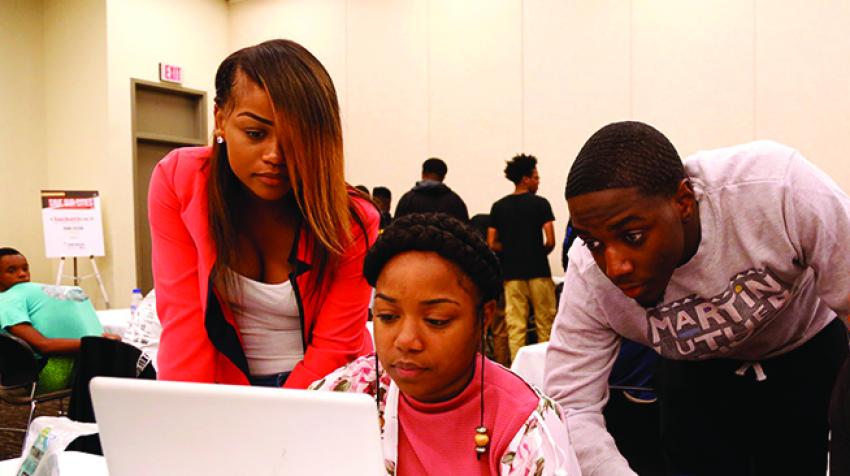
Until We Resolve Our Racially Unjust Incarceration System, We Cannot Be at Peace
Earlier this year the National Urban League introduced our Main Street Marshall Plan: From Poverty to Prosperity—a detailed blueprint for economic development and institutional reform designed to transform impoverished neighbourhoods and structural inequities in America
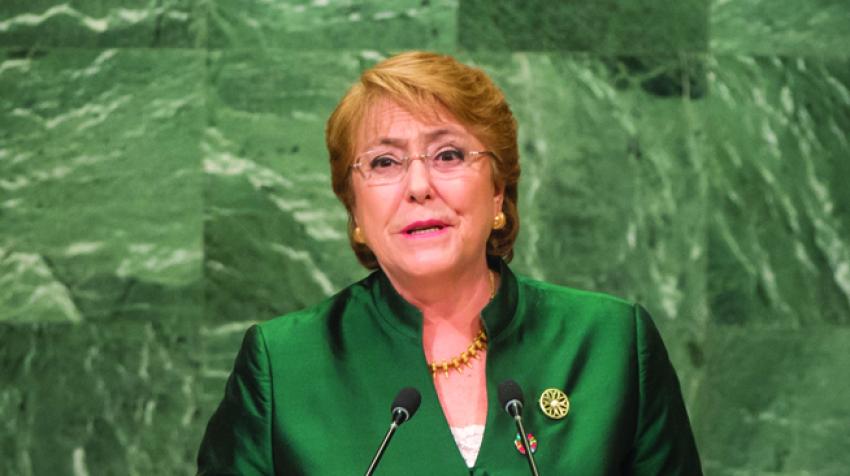
Global Citizenship: A New and Vital Force
Global citizens act without limits or geographical distinctions and they do so outside the traditional spheres of power. Their goal is to defend human dignity and to promote social accountability and international solidarity, in which tolerance, inclusion and recognition of diversity occupy pride of place in word and deed, reflecting the multiplicity of actors involved in the actions of global citizenship.
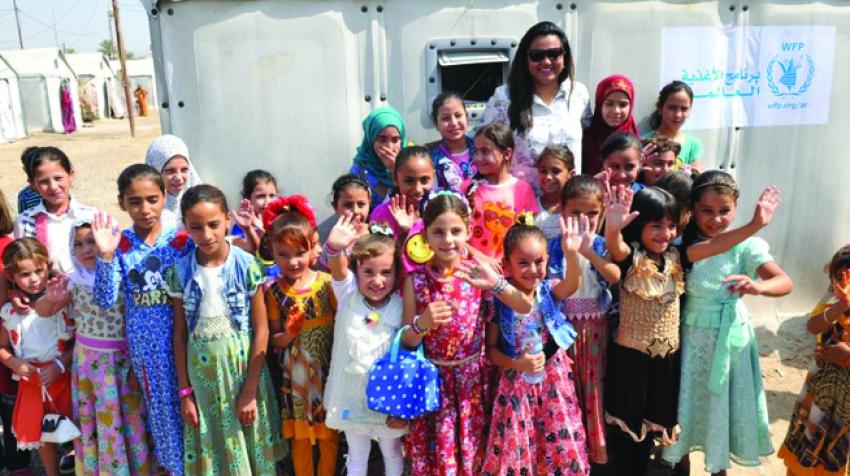
Youth Lead the Way to a More Connected and Sustainable World
In bringing people together from different backgrounds, the Internet and social media are becoming instrumental thanks to the opportunities for connectivity and reach that they enable. Since youth are at the forefront of the use of technology, they are the best equipped generation and our best asset to lead this task and promote global citizenship around the world.
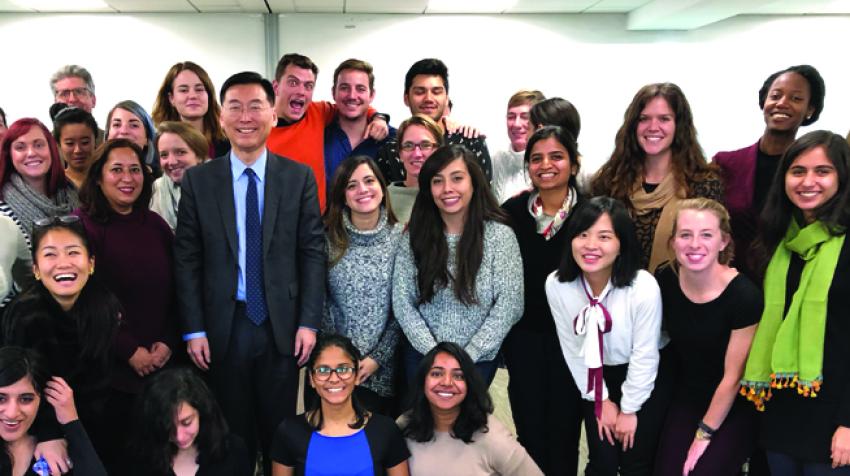
Multilateral Diplomacy and Global Citizenship
The international community should discuss how global citizenship education on can be inclusive and respectful, universal in its principles and local in its impact, and how it can equip all learners with the capacities and qualities necessary to address the complex problems facing humanity today.

The Islands in Our Minds: Reaffirming Global Citizenship Education
We have arrived at a point when educators need to reflect on their role as global citizenship advocates and facilitators. A conscientious introspection can help us to determine if there are any insular viewpoints or “islands” in our own minds that need to be addressed for us to become efficient global educators and to effectively transform today’s students.

Safeguarding Cultural and Linguistic Diversity in the Context of Global Citizenship
For development to be truly sustainable, language and culture must be granted full attention to address these mounting anxieties and search for belonging, which are core elements of sustainability.
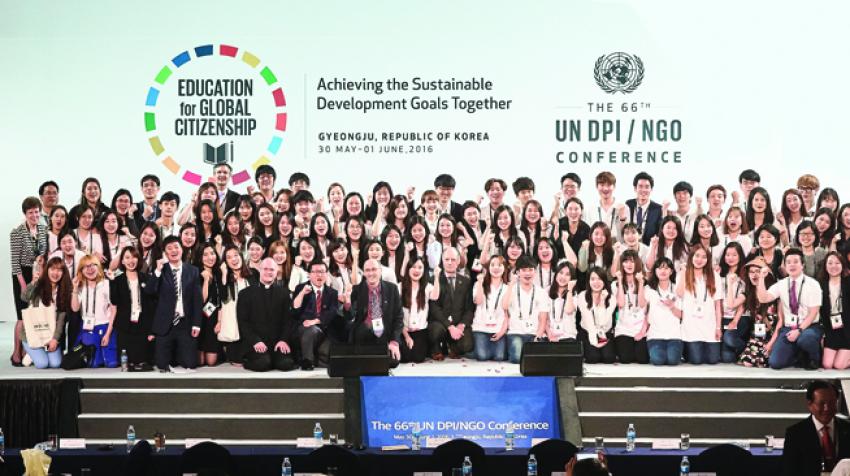
The Role of Civil Society in Advancing Global Citizenship
It is the responsibility of civil society to experiment with models of effective global citizenship, to understand, care and act on behalf of people and the planet through ecological and socially inclusive principles and practices. Global citizenship is transforming the worlds of art, business, culture, education, human and labour rights, religion, public health, politics and our relationship with nature.
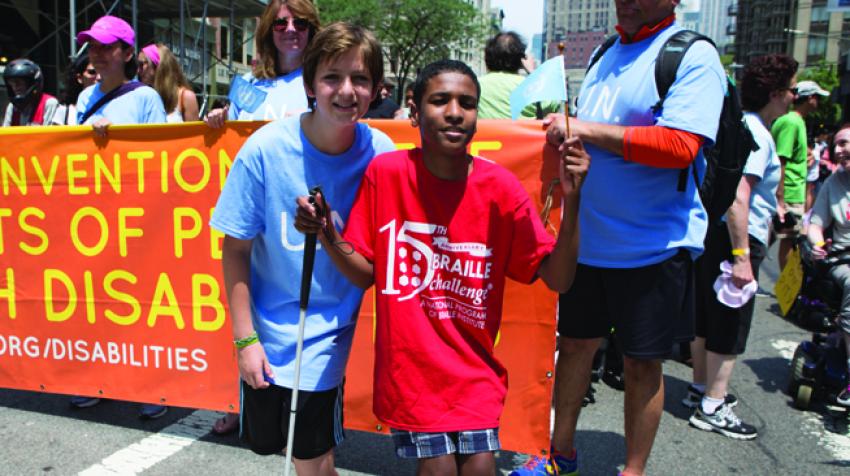
Breaking Barriers for Persons with Disabilities and Realizing Global Citizenship
As a first step, we need to disavow low expectations for people with disabilities. We must treat them as smart, talented, productive individuals who have as much to contribute to the workforce as anyone else.
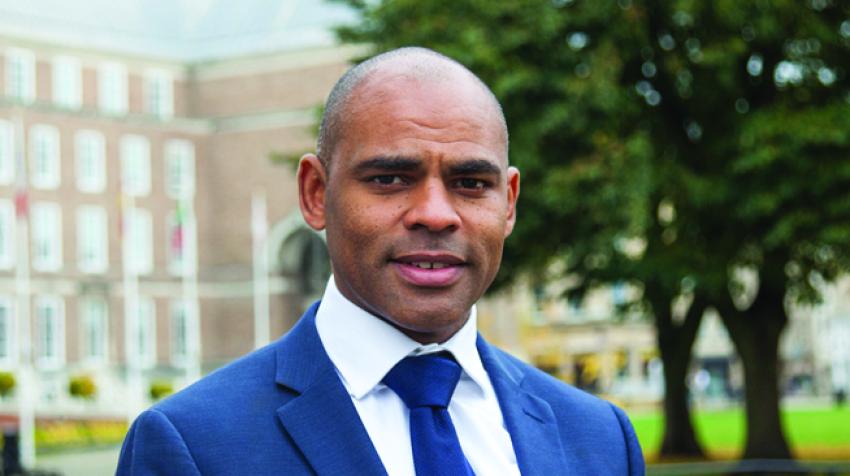
At the Nexus between Reducing Inequality and Realizing Global Citizenship
Linking to cities around the world and learning how we best approach the challenges of urbanization, such as housing, transport and social care, will help us to improve our own delivery. We can avoid repeating mistakes others have made, and can apply their learning in our own neighbourhoods, while standing ready to share our own.
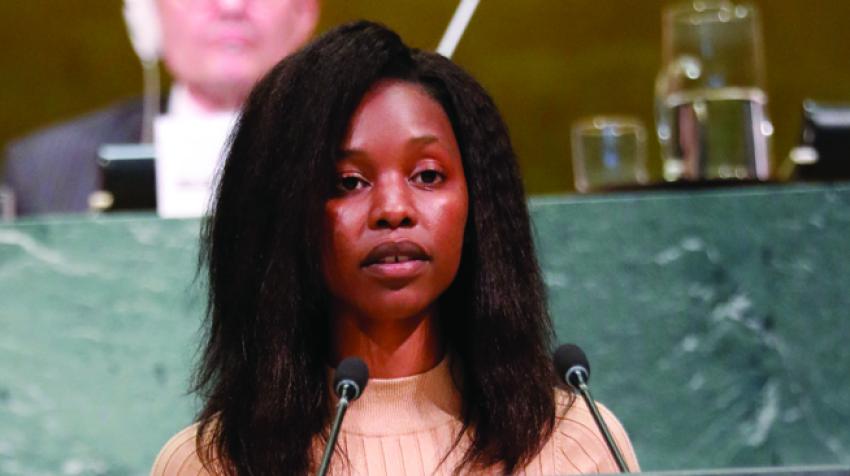
Multilingualism and Global Citizenship
Finding ways to build bridges between our diverse cultures, transcend borders and connect nations and peoples, while showing respect and appreciation for their unique differences, may sound like a tall order that many believe has little chance for success.
